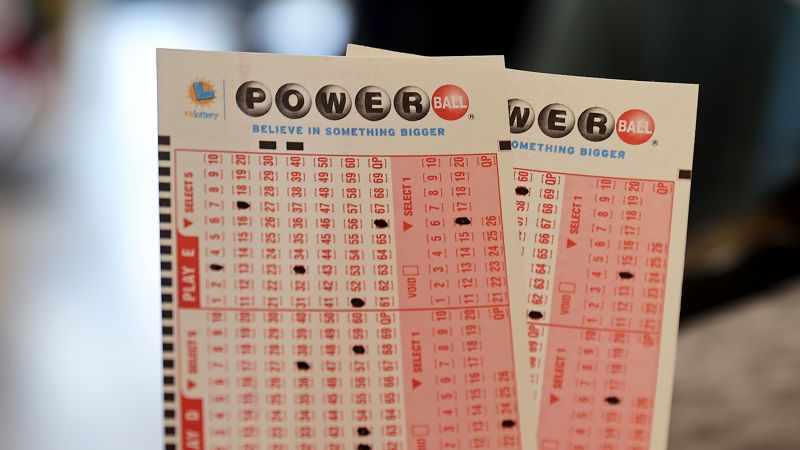
The lottery, often considered an opportunity for instant wealth, has long fascinated individuals worldwide. Originating from ancient times, the practice of lottery has evolved significantly to take various forms, it spans from paper tickets to digital mechanisms, rendering it a fascinating subject to explore.
The lottery system’s primary principle is simple: participants purchase tickets, each containing unique numbers or symbols. Following a pre-determined period, a draw takes place where random numbers or symbols are selected. The ticket holder with matching numbers or symbols emerges as the winner, often receiving a grand cash prize or sometimes substantial material rewards.
This system indeed offers a ray of hope to many. The prospect of turning a small investment into colossal winnings is appealing since it offers an alternate route to wealth. The ability to change lives overnight has further bolstered its popularity across different socio-economic strata. The lottery’s charm does not discriminate, attracting the wealthy’s curiosity and the less fortunate’s longing for a better life.
There are various types of lotteries available globally. Some are state-run, like the Powerball and Mega Millions in the United States, while others, such as EuroMillions, operate across multiple countries. Besides these macro-level lotteries, numerous localized variants cater to regional populations. The vast diversity of lottery systems leverages the universal human trait—hope.
However, the lottery is not without criticism and controversy. While the potential gains are high, the odds of winning are typically low. Furthermore, it’s often argued that lotteries encourage a gamble attitude, which could lead to potential addictions. Critics also claim that the lottery system sometimes preys on the economically vulnerable who eventually spend more on หวย24 tickets than they can truly afford.
One intriguing aspect of the lottery system is how the revenue is used. In many cases, lottery ticket sales contribute substantially to state revenues, later utilized for public services. Educational programs, infrastructure projects, and environmental conservation efforts are among the numerous beneficiaries of this revenue. Consequently, while you may or may not win the lottery, your purchase is likely contributing to a collective cause.
In conclusion, the world of the lottery is as vast as it is varied. The dreams it kinds and the lives it changes make it a fascinating aspect of cultural and social life. While the chances of winning may be slim, the allure of potentially sudden wealth keeps intriguing people. Moreover, the tangible contributions made towards society provide a nice patina of legitimacy to the enterprise. In many ways, the lottery represents life itself – uncertain, promising, and ever-changing.